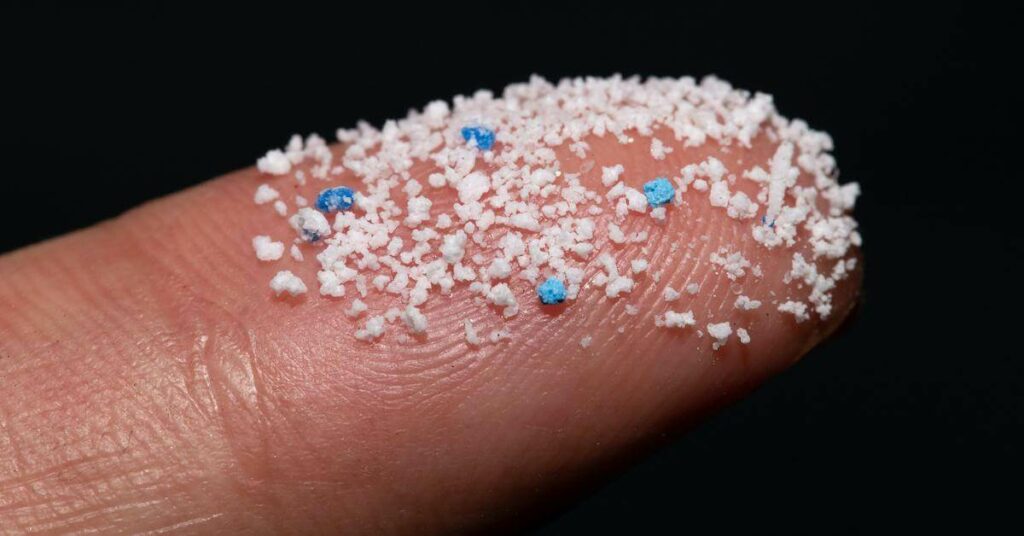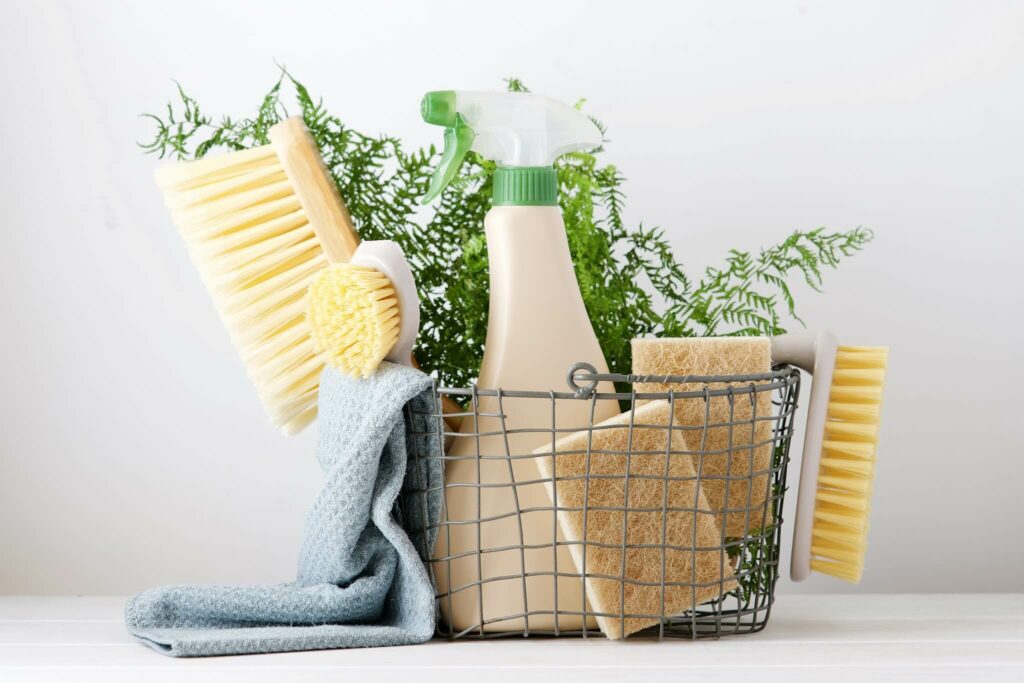Ever wondered where the common plastic sponges we use every day for either personal or household use end up? Ever wondered why you should choose eco-friendly sponges instead? In today’s article we come to solve all your questions about these products and the benefits of their ecological use.
Plastic sponges vs Ecological sponges
Plastic sponges are sure to end up in our landfills and oceans where they will remain for thousands of years. And this until they are transformed into microplastic particles with harmful effects on aquatic creatures. This will have a negative effect on humans as they will now have entered the food chain.
Ingestion of microplastics further exposes us to chemicals found in certain plastics that are known to be harmful. These chemicals have been linked to a variety of health problems including reproductive failure and obesity. As well as the increased risk of cancer in humans.
Non-ecological sponges are made from petroleum-based synthetics (polyester, polyurethane). They are not compostable or biodegradable and therefore not considered environmentally friendly. It is also not as easy to recycle as many other plastic consumer goods.

Ecological sponges, on the other hand, are environmentally friendly. They are biodegradable and the materials used for their construction come from a sustainable base and are renewed. The ideal combination of course would be to use other environmentally friendly products whenever you can, such as eco-friendly cleaners.
Why prefer our ecological sponges
The Ecological Sponges that you will find in myecotype are made from the pulp of the Konjac plant, the loofah plant or the plant cellulose. Konjac production is sustainable as there is no known significant damage to the environment, while the fully developed fruit of the plant Luffa aegyptiaca and Luffa acutangula is the source of the loofah sponge. Cellulose is the largest part of a plant’s cell wall. Since organic compound is created by all plants, it is probably the most abundant substance on the planet.
While plastic sponges do not decompose and can last up to 52,000 years in a landfill, eco-friendly sponges take less than a year to complete.
They are an ideal solution for sensitive skin as they do not cause irritations that often occur after the use of plastic sponges. In addition, depending on the type you choose, they have a natural antibacterial effect, maintain the pH of the skin and hydrate naturally. Finally, if you are still wondering why you should choose eco-friendly sponges, it is important to know that they are suitable for people with atopic skin disorders as well as for infants and children. They are extremely practical in cleaning the house as they are highly absorbent, durable and have a long life.
Our quest for a sustainable future can and must begin with small changes in our daily habits. Choosing ecological products is a remarkable first step!


